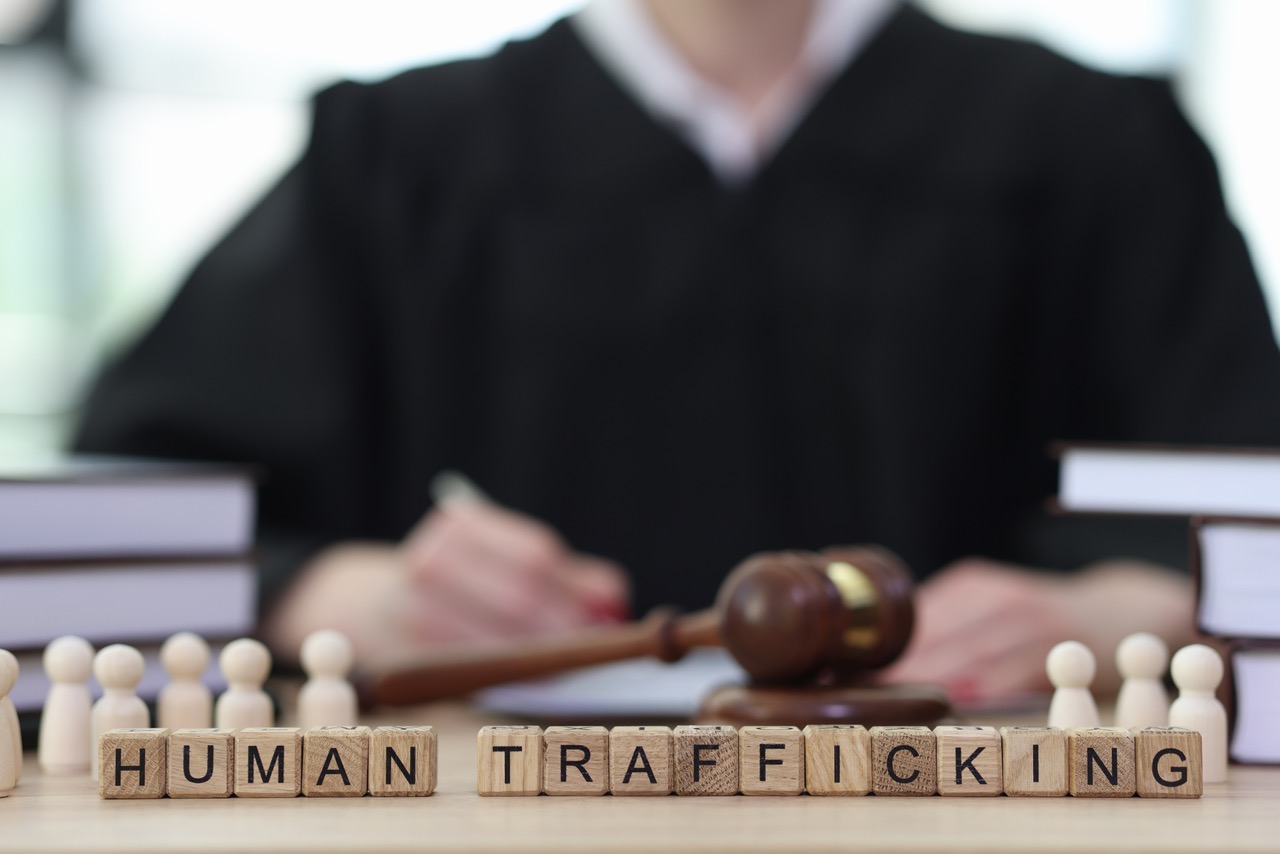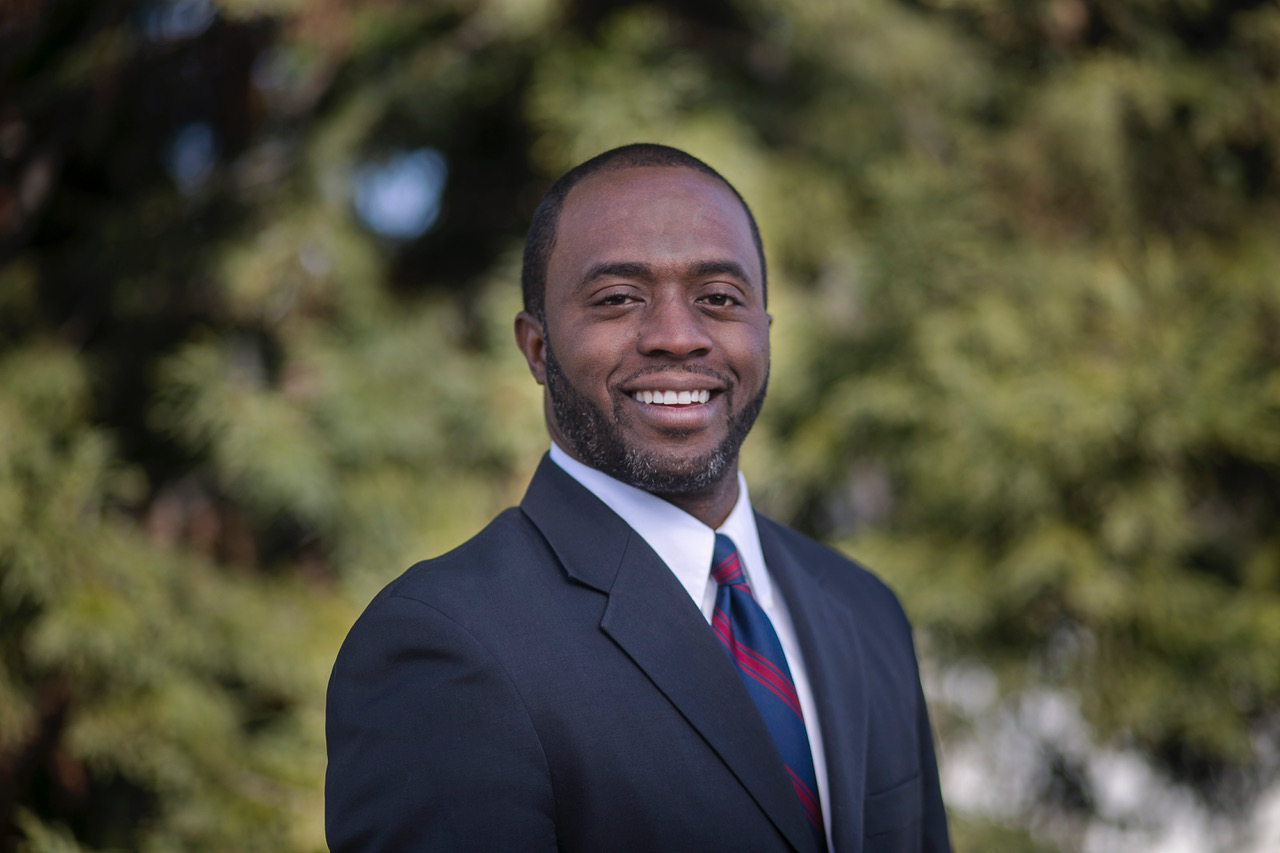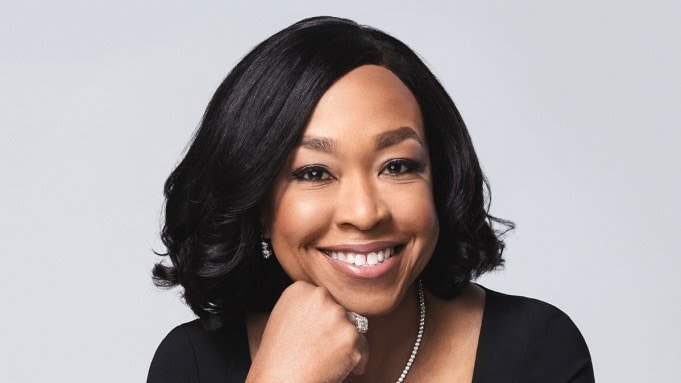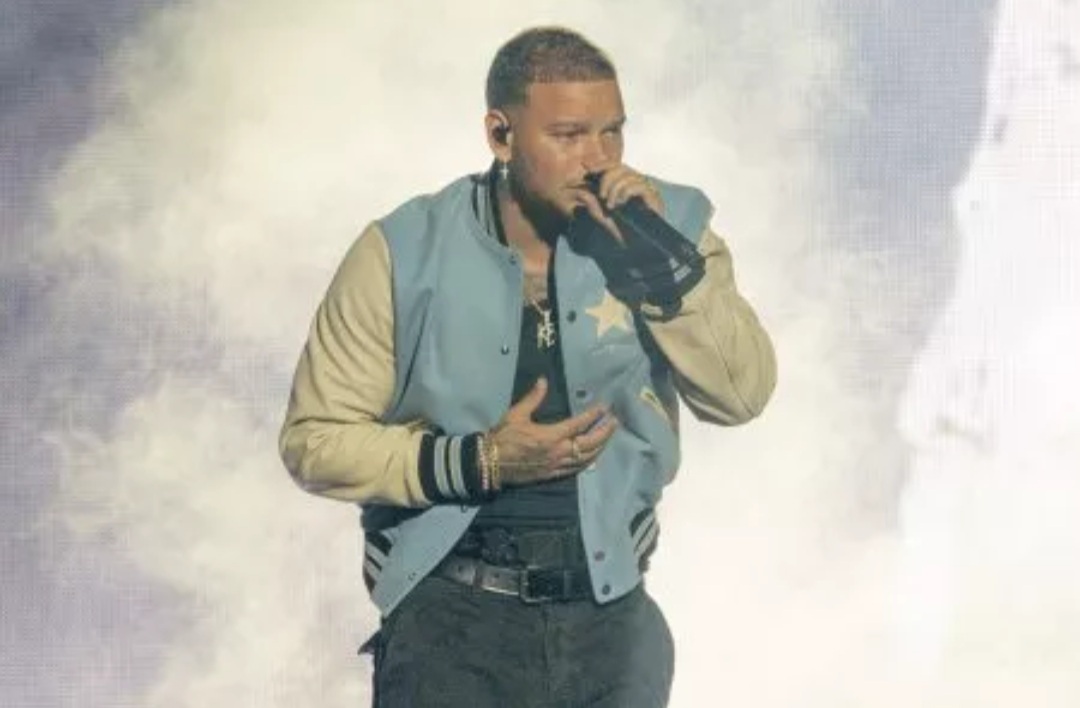
Divided, Assembly Committee Advances GOP Child Sex Bill After Public Outrage, Gov. Intervention
Antonio Ray Harvey | California Black Media
Tensions mounted in Sacramento when the California Assembly Public Safety Committee – including three members of the California Legislative Black Caucus (CLBC) — blocked a bill proposing increased criminal penalties for repeat offenders involved in sex trafficking children.
Senate Bill (SB) 14 proposes adding sex trafficking of minors to the list of “serious” crimes under California’s Three Strikes law, which increases prison sentences to 25 years for defendants convicted of previous felonies.
Under the provisions of SB 14,if a defendant is charged with a “violent sex crime, “plea bargaining is prohibited unless there is insufficient evidence to prove the people’s case, or testimony of a material witness cannot be obtained.”
The bill’s author, Sen. Shannon Grove (R-Bakersfield), said the need for SB 14 is obvious.
“Trafficking of children is a growing tragedy that disproportionately targets minority girls, and California is a hotbed because of our lenient penalties,” Grove said during the Public Safety Committee’s SB 14 hearing.
Public Safety Committee Chair Reggie Jones-Sawyer (D-Los Angeles) was among several Democrats who did not vote for the bill when it came before the committee on July 11. Many of these Democrats are vocal opponents of the over-incarceration of Black men, women and children in California.
“SB14 makes no new corrective actions or enhancements to laws already in place,” Jones-Sawyer said in a statement after the committee’s “no” vote.
Opponents of SB 14 argue that while the bill may seem like a tough and reasonable measure to prevent heinous sexual crimes against vulnerable children, hidden are the bill’s harmful side effects. They claim the bill is ineffective as a deterrent to sex trafficking and its penalties would destabilize minority communities, particularly Black and low-income families. Additionally, they argue that the bill would have adverse effects on victims of sexual crimes, contribute to recidivism, and perpetuate the poverty-to-prison pipeline.
Some members of the Assembly Public Safety Committee also support refocusing California’s criminal justice system from punishing felons to rehabilitating them as a means to reduce repeat offenses and address prison overpopulation as mandated by the U.S. Supreme Court.
“Longer sentences don’t actually stop things from happening,” said Assembly Majority Leader and CLBC member Isaac Bryan (D-Ladera Heights). “All they do is increase our investment in systems of harm and subjugation.”
On July 13, Bryan supported his argument tweeting, “The people most vulnerable to being charged with trafficking are the victims of trafficking themselves. Charges are used to leverage their cooperation in prosecution and their survivor status is erased with many currently incarcerated in both youth and adult prisons.”
Critics of SB 14, also point out that Black offenders are “heavily overrepresented” among people serving sentences with “third-strike enhancements, according to a 2022 California Policy Lab study, “Three Strikes In California.”
The evening after the vote, Grove held a press conference expressing her frustration with her Democratic colleagues but declaring her willingness to work with them to pass the bill.
However, a Democratic staffer close to the Safety Committee’s review of SB 14 who asked to remain anonymous, revealed to California Black Media that Grove was not willing to accept amendments to the bill.
After the Public Safety Committee vote, Gov. Gavin Newsom and newly elected Assembly Speaker, Robert Rivas (D-Hollister), intervened. According to Grove, the Governor contacted her to express his disappointment with the committee’s failure to pass the billand offered to help see the legislation through the process.
Before the Assembly held a special hearing on SB14 on July 13, Newsom and Rivas both urged Jones-Sawyer to work on a resolution with Grove. On June 12, Jones-Sawyer agreed to meet with Grove. The next day, he announced that the Public Safety committee would reconsider the bill, even though Assembly Democrats had blocked a full floor vote on it. However, Jones-Sawyer cautioned that the bill needed to be amended, which Grove indicated in her press conference was not an option.
“Human trafficking is a serious crime. But SB14 needs to be fixed. It could charge trafficking victims and children with a felony. We are going to improve this bill and provide justice for victims,” Jones-Sawyer tweeted on July 13.
The same day, the Assembly Public Safety Committee reconsidered SB 14 and advanced it with a 6-0 vote.
“Today is a victory for every survivor. However, the battle is not over. SB 14 must still go through the Assembly Appropriations Committee when legislators return from summer recess,” Grove said as she celebrated the committee’s approval.
Jones-Sawyer voted “yes” on SB 14 the second time around, along with Republican committee members Tom Lackey (R-Palmdale) and Juan Alanis (R-Modesto). Three Democrats, Liz Ortega (D-San Leandro), Rick Chavez Zbur (D-Santa Monica) and Miguel Santiago (D-Inglewood) also voted to pass SB 14 out of the committee.
CLBC members on the committee, Bryan and Mia Bonta (D-Alameda) abstained from voting for the bill.
During the hearing on July 11, Grove referenced California’s Ebony Alert law, introduced by CLBC Vice Chair Steven Bradford (D-Gardena), which increases resources to locate missing Black youth and women.
“The coalition to Abolish Slavery and Human Trafficking in Los Angeles, California Noted that 50% of their domestic trafficking clients are Black and over 90% of women in their emergency shelters program are Black,” Grove stated.
April Grayson, a formerly incarcerated woman and human trafficking survivor, sees the problem differently.
Grayson reminded the Assembly that human trafficking is already a crime on the books in California punishable by as much as 15 years to life during the hearing.
“I have to remind the authors in this committee that this bill will actively harm any survivors of human trafficking — especially, the Black, Brown, Native, poor, LGBTQ women, and trans survivors who are already the least likely to see justice,” Grayson said.





